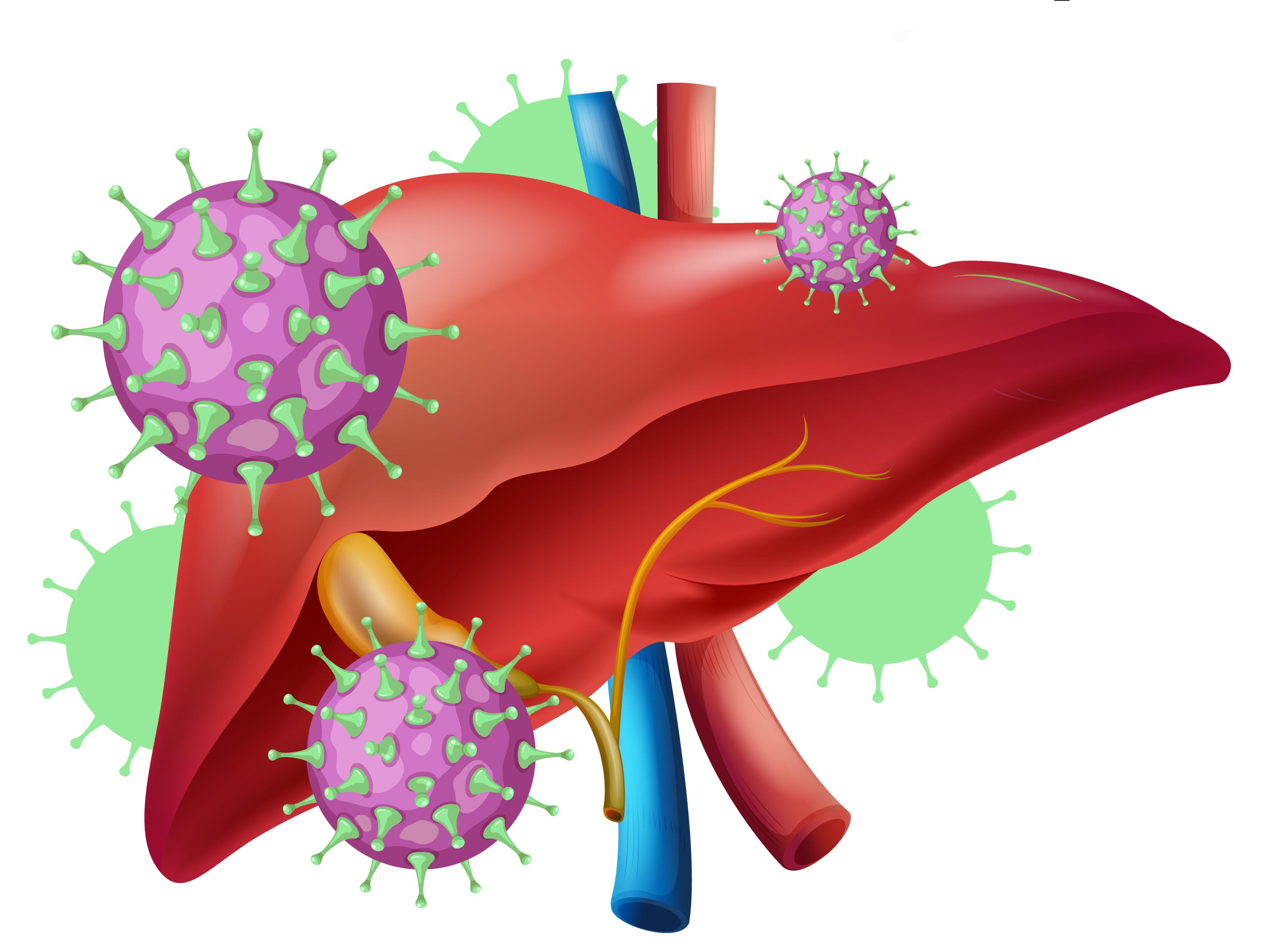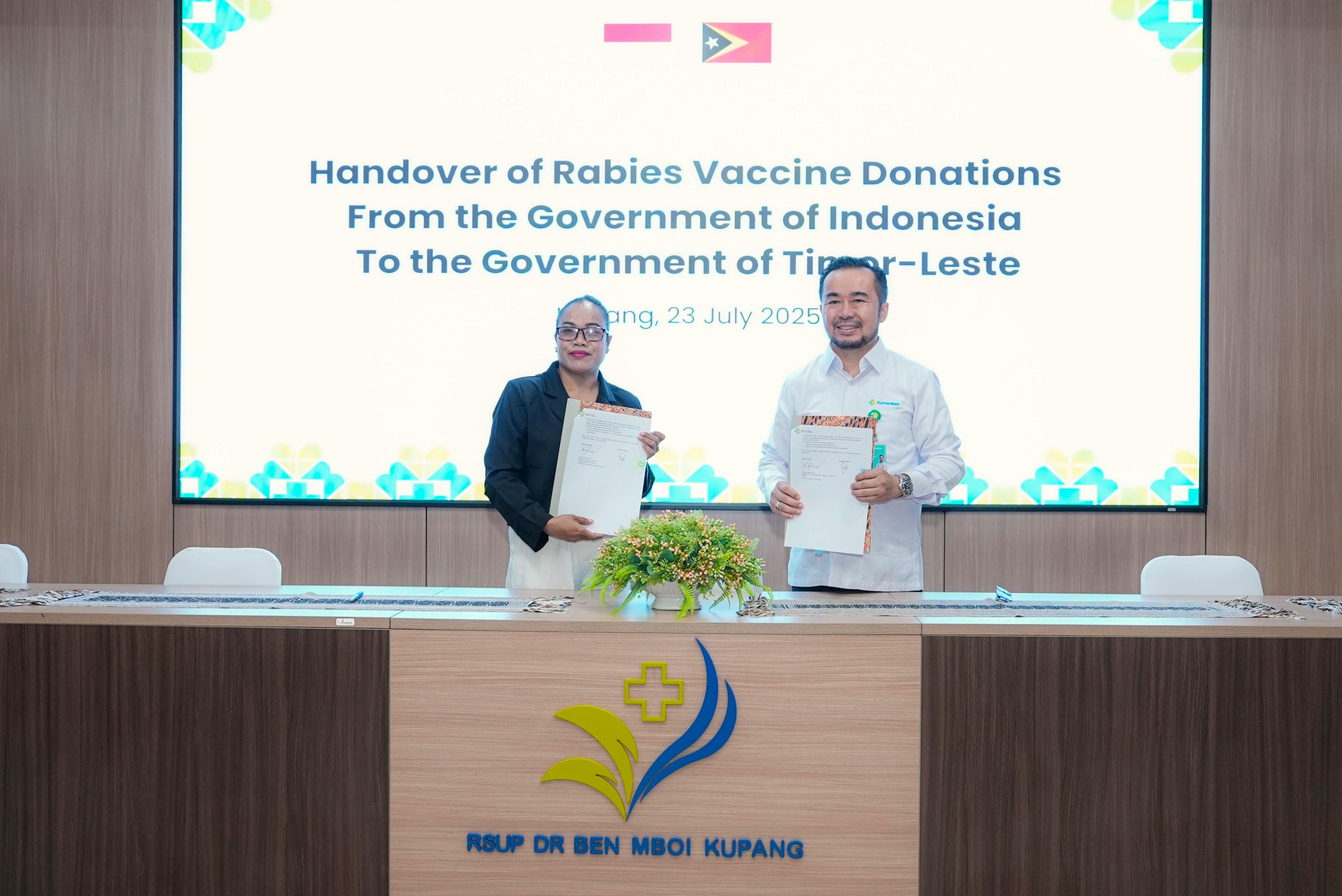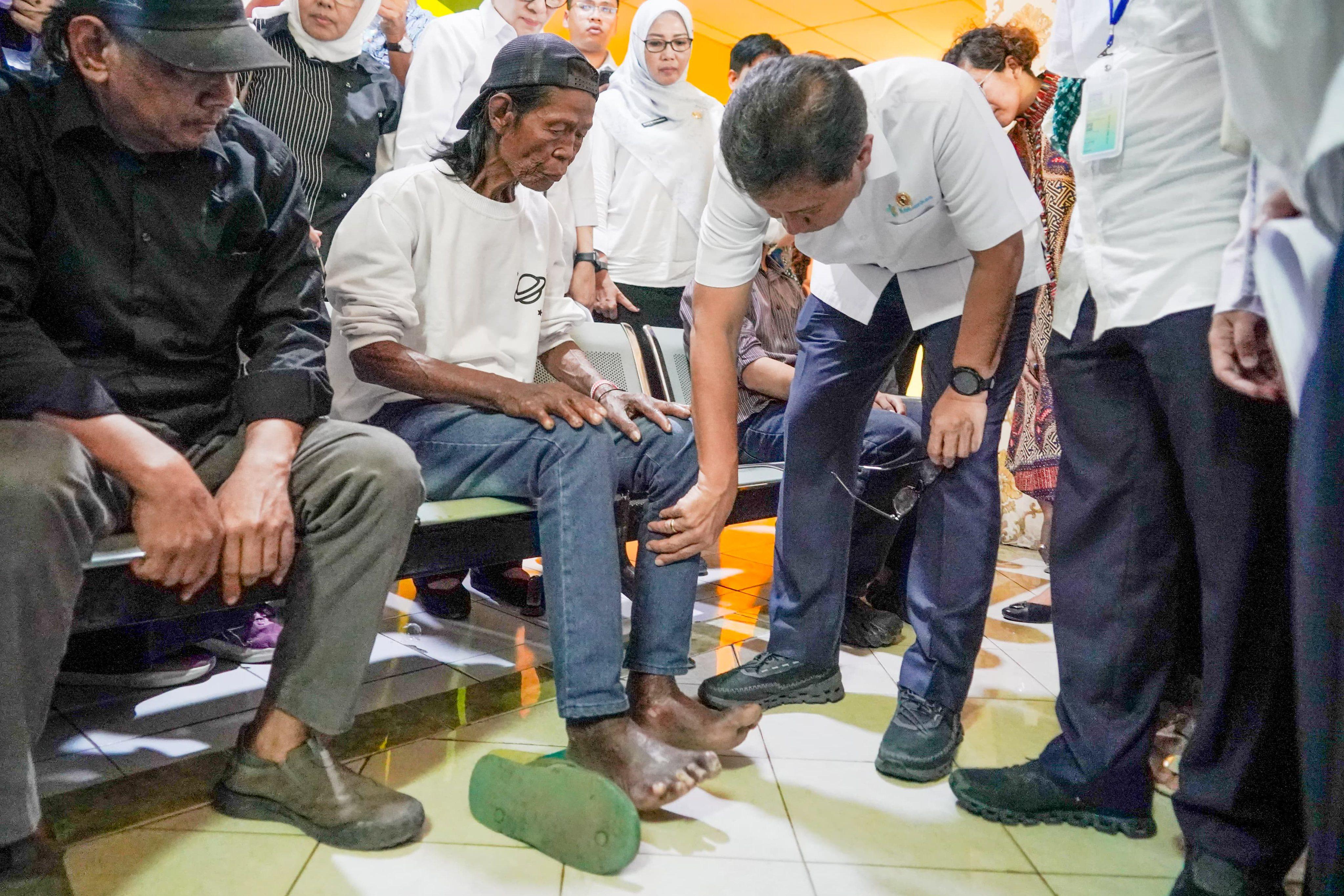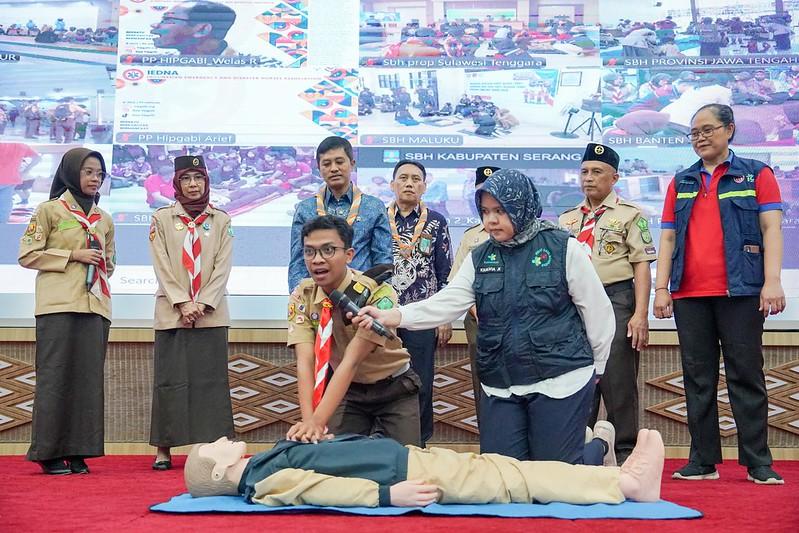Jakarta, July 22, 2025
The commemoration of World Hepatitis Day (HHS) 2025 is an important momentum for Indonesia to strengthen its commitment to eliminating hepatitis B and C by 2030. Carrying the global theme "Let's Break It Down" and the national theme "Moving Together, Break Hepatitis Transmission", this activity was held in the form of an online media meeting on Tuesday (22/7).
This activity aims to increase public awareness, expand education, and encourage real cross-sectoral action in an effort to reduce the burden of hepatitis in Indonesia.
Chronic hepatitis B and C are the leading causes of liver cancer, which is currently the third leading cause of death worldwide. WHO data shows that there are 254 million people with chronic hepatitis B and 50 million people with chronic hepatitis C globally.
In Indonesia, the 2023 Health Survey recorded that approximately 6.7 million people were infected with hepatitis B and 2.5 million were infected with hepatitis C.
"The viral hepatitis resolution adopted at the 63rd World Health Assembly in 2010 was an initiative of Indonesia, along with Brazil and Colombia. This marks a milestone in the global fight against hepatitis," said Dr. Ina Agustina Isturini, Director of Infectious Diseases at the Indonesian Ministry of Health.
Indonesia has shown significant progress. Hepatitis B prevalence decreased from 7.1% in 2013 to 2.4% in 2023. By 2024, 89.6% of pregnant women will have been screened for hepatitis B, and more than 93% of babies born to HBsAg-reactive mothers will have received HB0 and HBIg immunization within the first 24 hours.
Hepatitis B immunization coverage has also been expanded for healthcare workers, reaching 58% as of October 2023. Tenofovir antiviral therapy for pregnant women with hepatitis B continues to be increased, with 1,410 services now available in 206 districts/cities.
Meanwhile, for hepatitis C, early detection and treatment using *Direct Acting Antiviral (DAA)* which is capable of curing more than 95% of patients is available in 71 hospitals in 56 districts/cities across all provinces.
"This effort must be a joint effort by all elements of the nation—government, private sector, academics, communities, and the media—to break the chain of transmission and achieve a hepatitis-free Indonesia," Dr. Ina emphasized.
Prof. David H. Muljono, a member of the Expert Committee on Hepatitis and Digestive Tract Infections of the Indonesian Ministry of Health, emphasized the importance of a specific and decentralized approach in managing hepatitis.
"Currently, the three countries of China, India, and Indonesia account for more than 50% of the world's hepatitis B burden. If Indonesia can eliminate hepatitis, its contribution to global health will be significant," said Prof. David at the HHS 2025 media briefing.
He noted that more than two million new infections and 1.4 million deaths occur annually due to hepatitis. In Indonesia, pockets of high prevalence are still found in regions such as Maluku and Papua.
"More than 60% of Indonesians are not yet immune to hepatitis B. This is a vulnerable population that could become sufferers in the future if not addressed promptly through immunization and early screening," he said.
Prof. David emphasized that an elimination strategy cannot use a single approach. "Each region has different characteristics. A local approach involving religious, traditional, and community leaders is crucial," he said.
He also highlighted the importance of decentralizing diagnostic and therapeutic services. "Tests and treatment must be available down to the community health center level. Pregnant women or patients in remote areas must be able to receive timely treatment," he added.
With advances in infant immunization, antiviral therapy for pregnant women, and DAAs for hepatitis C, Indonesia has a significant opportunity to achieve its elimination target. However, the success of these efforts depends heavily on cross-sector collaboration and active community involvement.
"Hepatitis control is not solely the responsibility of the Ministry of Health or specialist doctors. It is our collective responsibility. Let's stop the transmission of hepatitis, both vertically and horizontally," concluded Prof. David.
The Indonesian Ministry of Health invites the entire community to actively participate in eliminating hepatitis through four "overcome" movements:
* Overcome ignorance with education,
* Address late diagnosis with screening,
* Address limited access by expanding free services,
* Overcome stigma with empathy and solidarity.
World Hepatitis Day 2025 is not just a ceremony, but a call to action. Take advantage of the Free Health Check (CKG) service, complete your child's immunizations, and support health education and monitoring efforts towards a hepatitis-free generation in Indonesia.
---
This news was broadcast by the Bureau of Communication and Public Information, Ministry of Health of the Republic of Indonesia. For further information, please contact Halo Kemenkes via hotline 1500-567, SMS 081281562620, or email contact@kemkes.go.id. (DJ/SK)
Head of the Bureau of Communication and Public Information
Aji Muhawarman, ST, MKM
source: https://kemkes.go.id/id/putuskan-penularan-wujudkan-indonesia-bebas-hepatitis-2030
p>



